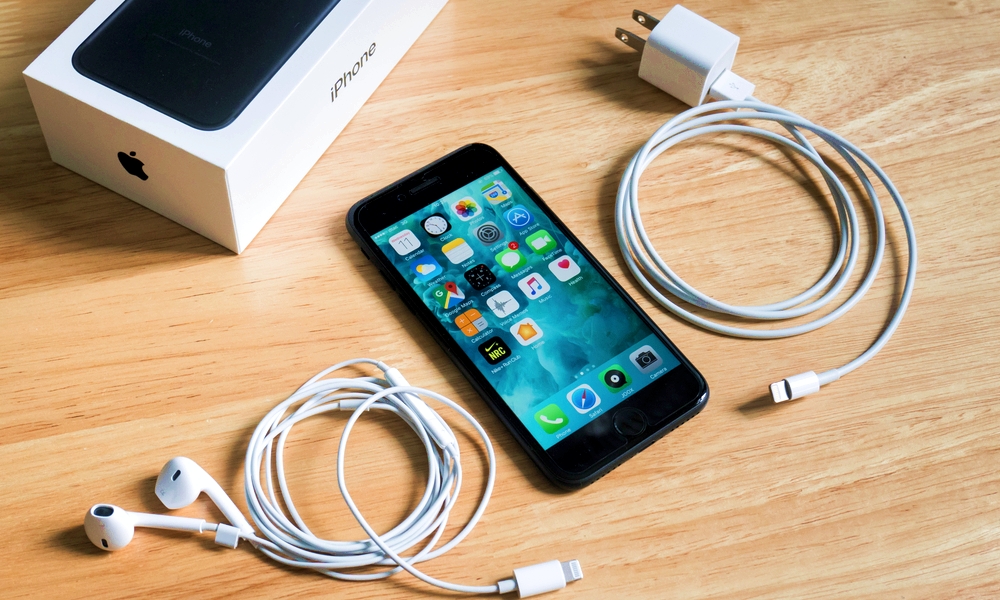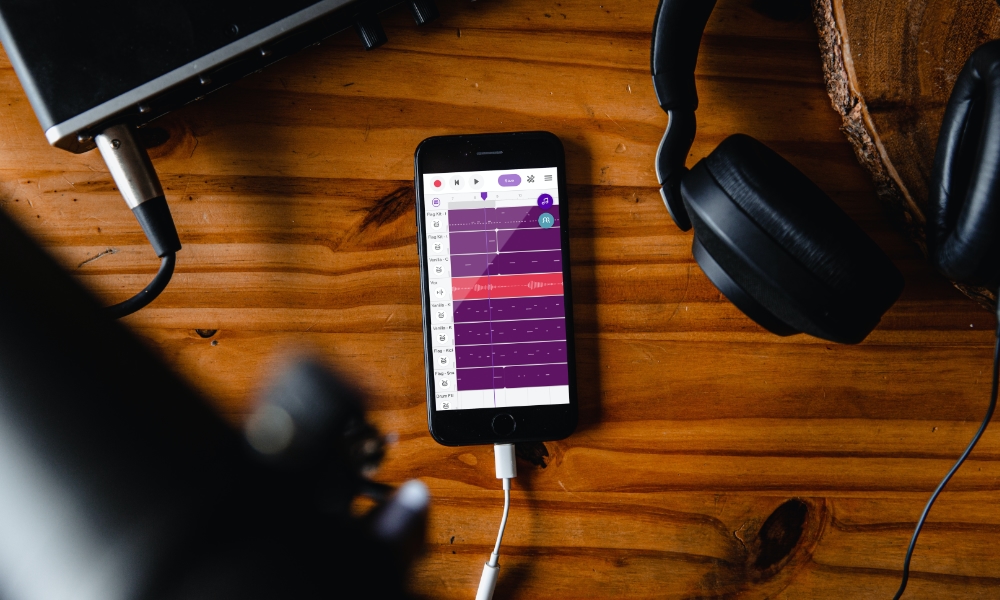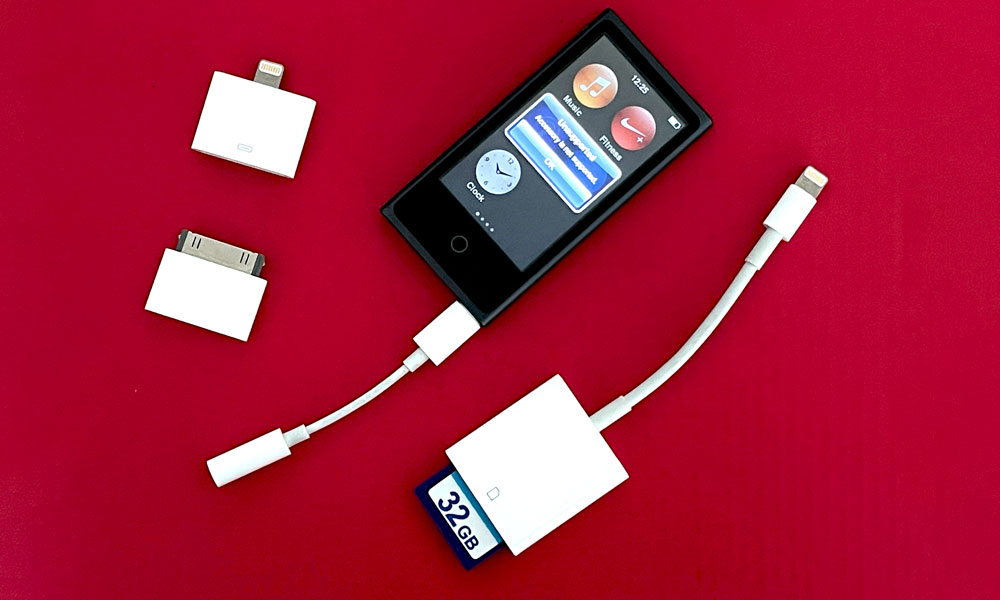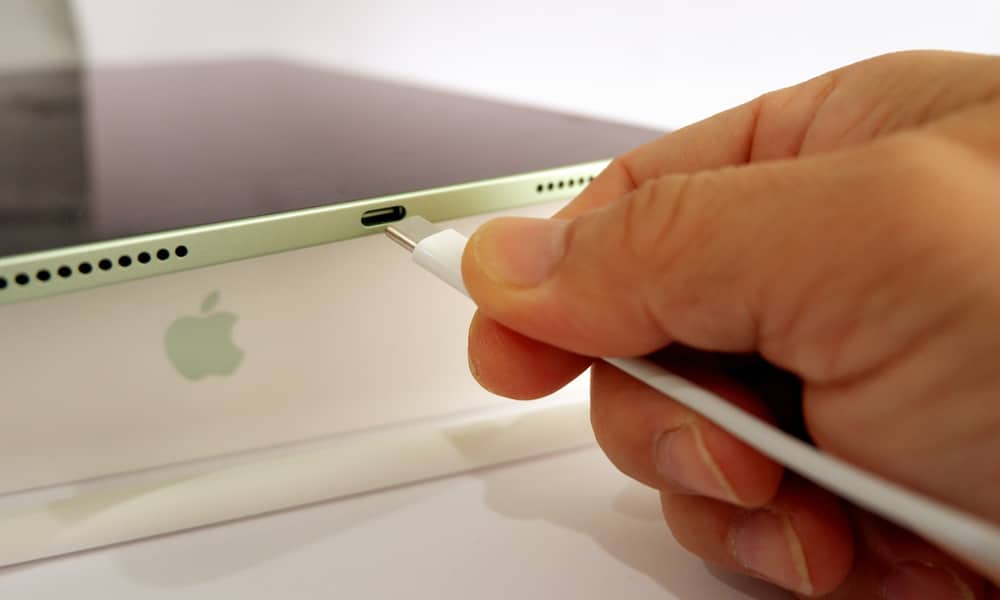Apple Plans to Release Wired EarPods with USB-C for the iPhone 15 | Will USB-C Audio Be Open for All?
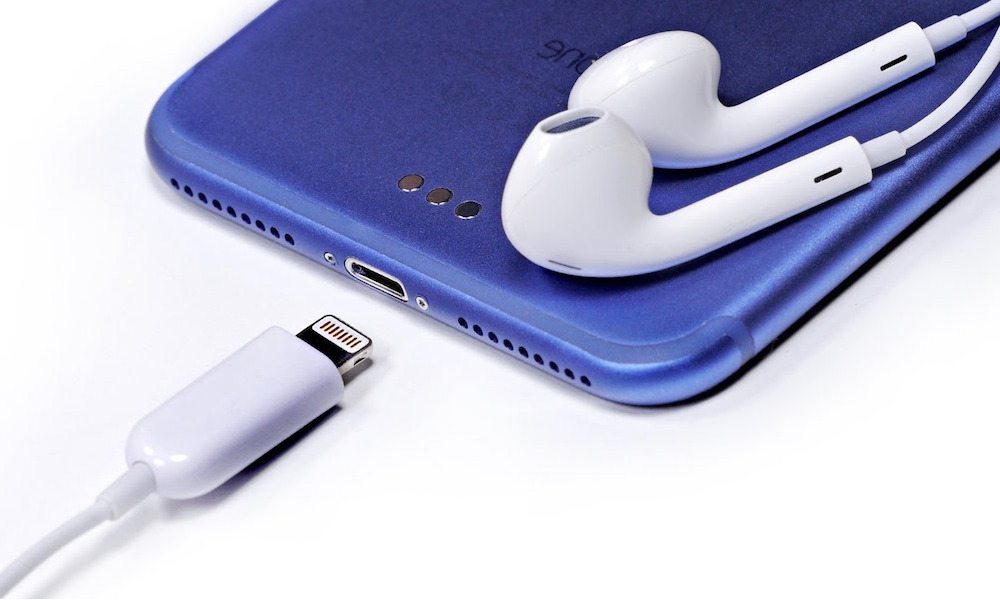
Toggle Dark Mode
If there’s one rumor about Apple’s upcoming iPhone 15 lineup you can bank on, it’s that we’ll finally see the death of the proprietary Lightning port in favor of the more universal and open USB-C standard.
It’s been a long time coming, but the writing has also been on the wall for years. Apple has slowly been ceding ground to USB-C in its mobile devices, starting with the 2018 iPad Pro. At that point, moving to a USB-C port was considered a necessary concession to the type of professional users Apple wanted to attract to its premium tablets.
However, the same can’t be said about its expansion of USB-C to the iPad Air, iPad mini, and even the latest tenth-generation iPad released last fall. Today, every current iPad model now uses USB-C, and of course, Apple’s Macs have used USB-C ports since 2015.
This makes the iPhone the outlier, and it’s probably inevitable that Apple would have eventually bowed to market forces and embraced USB-C on its own. We’ll never know for sure, though, as the European Union forced its hand. Apple could have tried to fight that — after all, it’s played those games before — but it clearly knows which way the winds are blowing. Further, despite rumors that it could ditch all ports and go fully wireless, the world just isn’t ready for a portless iPhone.
So, here we are, approaching the launch of four new iPhone 15 models, all of which are almost certain to feature USB-C ports. While that won’t eliminate the need for Lightning cables right away — accessories like AirPods, the MagSafe Duo, and, ironically, Mac keyboards and trackpads still use Lightning ports for power charging — it’s fair to say it will be the final nail in Lightning’s coffin.
Reports have suggested that Apple will transition most accessories to USB-C by 2024, and it looks like it’s starting with the most obvious one: its wired EarPods.
New info from leaker ShrimpApplePro notes that Apple is already working on EarPods with a USB-C connector to pair up with this year’s iPhone 15 models.
While we’re sure Apple would prefer everyone buy AirPods to go with their shiny new iPhones, it’s pragmatic enough to realize that’s not going to happen; and some folks just need a basic set of wired headphones. Apple did the same thing when it removed the headphone jack from the iPhone 7 lineup in 2016, with a Lightning set of EarPods that helped quell conspiracy theories that it had eliminated the 3.5mm jack to force people to buy AirPods.
Of course, at that point, Apple’s Lightning EarPods were the only direct-wired option available for iPhone 7 users. Apple also created a 3.5mm to Lightning headphone adapter — and even included it in the box that first year to ease the transition. However, not too many other headphone makers jumped on the bandwagon to create Lightning-equipped headphones, and it’s ironic that even Apple’s premium AirPods Max only offer a 3.5mm-to-Lightning cable that works in the opposite direction — taking analog audio and feeding it into the AirPods’ Lightning port.
Fast forward to today, and there are dozens of USB-C headphones and headsets on the market. After all, not only is USB-C a standard port, but flagship Android handset makers have been steadily moving away from 3.5mm jacks for several years now. If you want a wired headphone connection to a Google Pixel or Samsung Galaxy, USB-C is the way to go.
The iPhone 15 and USB-C Audio
The bigger question is whether Apple will allow for such things. The European Union only mandates that USB-C must be used for charging; it doesn’t say anything about data connections.
In fact, by the strictest interpretation of the EU’s rules, Apple could leave the Lightning port in place for data transfer and add a USB-C port solely for powering the iPhone. Thankfully, Apple is too concerned with the elegance of its iPhone designs to ever release such an abomination.
Nevertheless, Apple could continue exerting control over what can be plugged into an iPhone’s USB-C port in the same way it has with Lightning — and some rumors have suggested it plans to do precisely that.
Taken at an extreme interpretation, those reports could mean Apple’s USB-C EarPods may be the only wired headphones you can plug into an iPhone 15. Apple could put an authentication chip into its own EarPods and then design the iPhone and iOS to only communicate with devices that have the necessary chips — those created by Apple and its licensed Made-for-iPhone (MFi) program partners.
While that may sound far-fetched, it’s well within Apple’s playbook, and it’s exactly how the Lightning port works now. It’s also why it doesn’t provide any functional digital output capabilities for wired headphones; it’s almost laughable that the best way to listen to lossless audio from Apple Music without fussing with expensive DACs is to use an Android phone since you can connect wired USB-C headphones to those.
Still, while there’s likely some truth to the reports that Apple will be employing authentication chips in the USB-C port, we shouldn’t jump to the conclusion that Apple will be applying this broadly to all categories of USB-C accessories. For one thing, iPads have been using USB-C ports for nearly five years now, and there’s been no evidence of authentication requirements on that side.
Plus, Apple is still a company that’s quite concerned about providing a great user experience. While that arguably wasn’t the case with its Lightning port authentication requirements, the requirements for Lightning accessories to use Apple chips mainly affected accessory makers. That drove up prices for consumers, but it’s pretty uncommon to encounter a Lightning accessory that your iPhone balks at unless you’re buying cheap knock-off or counterfeit products — which is kind of the point of locking down the Lightning port.
Doing the same with a USB-C port for everyday accessories like headphones would create needless confusion among customers, resulting in an abysmal user experience. Unlike Lightning, Apple has no control over USB-C accessory makers, and there’s already a massive market of USB-C devices that Apple customers will expect to use with their new iPhone 15.
That doesn’t mean Apple won’t draw the line at things like Hi-Res Lossless audio output, or faster charging — something we’ve already seen with MagSafe. However, even at its most controlling, it’s hard to believe Apple has the kind of hubris to think it can lock down the USB-C port entirely.
[The information provided in this article has NOT been confirmed by Apple and may be speculation. Provided details may not be factual. Take all rumors, tech or otherwise, with a grain of salt.]

